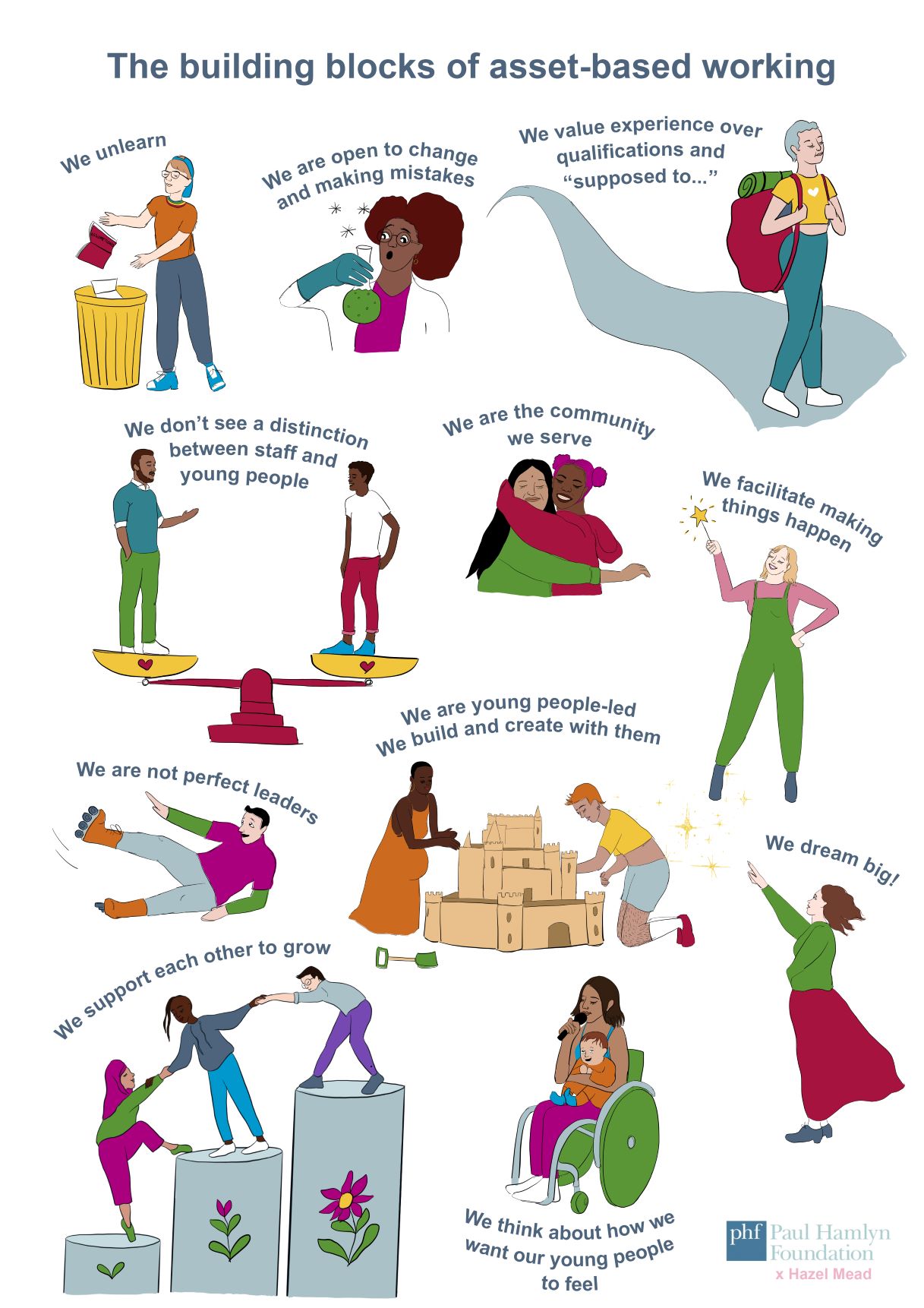Last week saw us close out the eighth year since I created Cloud Chamber. I’m very grateful to all those friends and colleagues who have sent me congratulations on this anniversary over the last couple of weeks.
Back in 2012 I started Cloud Chamber with an ambition: to test whether an avowedly evaluation-first approach to evaluation could be successful.
What do I mean by ‘evaluation-first’? In my experience, many people conducting evaluations are social researchers first and evaluators second. Their experience is grounded in a particular sector or field – education, criminal justice, or healthcare for example. Evaluation skills are overlaid on top of this sector knowledge.
I had a firm belief that being able to draw experiences from a range of sectors and contexts could offer much more to our evaluation practice and as a consequence to our clients and the people they help and support. Eight years on, I think we’ve demonstrated that.
- It improves the power dynamics. We acknowledge that our clients – individuals and organisations – are the experts in their field, not us. Evaluation is about us facilitating their learning and understanding. Our relative dispassion on technical subject matters reinforces the centrality of the client in the evaluation process and helps to reduce any sense that we are the more powerful partner in the relationship. We don’t claim to have the solutions – we help clients discover them for themselves.
- It offers fresh approaches. What can an evaluation about an RNLI scuba diving safety initiative tell us about defining outcomes for Cats Protection? It turns out, quite a lot! We took some really useful ideas about behaviour change from the first and applied them to the second. We cross-pollinate ideas from one sector to another, bringing new thinking and new methods with us as we go.
- It brings a heightened level of curiosity. Evaluation is all about asking questions. Not being perceived as a sector ‘expert’ gives us permission to ask the obvious questions that others may be embarrassed to ask. And these very fundamental questions can really help to identify and then test the assumptions that lie behind what organisations expect in terms of their performance and impact. It challenges the norms and also helps clients reflect on how they should communicate with non-experts themselves.
Evaluation-first was, and still is, a relatively risky approach to take. Anyone who reads evaluation tenders will know that they often state the importance of demonstrating a prior track record in a particular sector. It’s certainly true that we often have to work hard in our proposals and pitches to convince clients that there is a benefit to our breadth over the depth they may initially be seeking.
Of course, this evaluation-first approach has not stopped us becoming more knowledgeable about some subjects over time. We do a lot of work with health charities, for example. But we deliberately try to balance this with work in other fields. Last year alone our work included evaluations in the fields of literacy, criminal justice, cancer care, trauma in young refugees and asylum-seekers, education, international water safety, support for older carers, science public engagement and Higher Education.
Variety, after all, is the spice of life.



